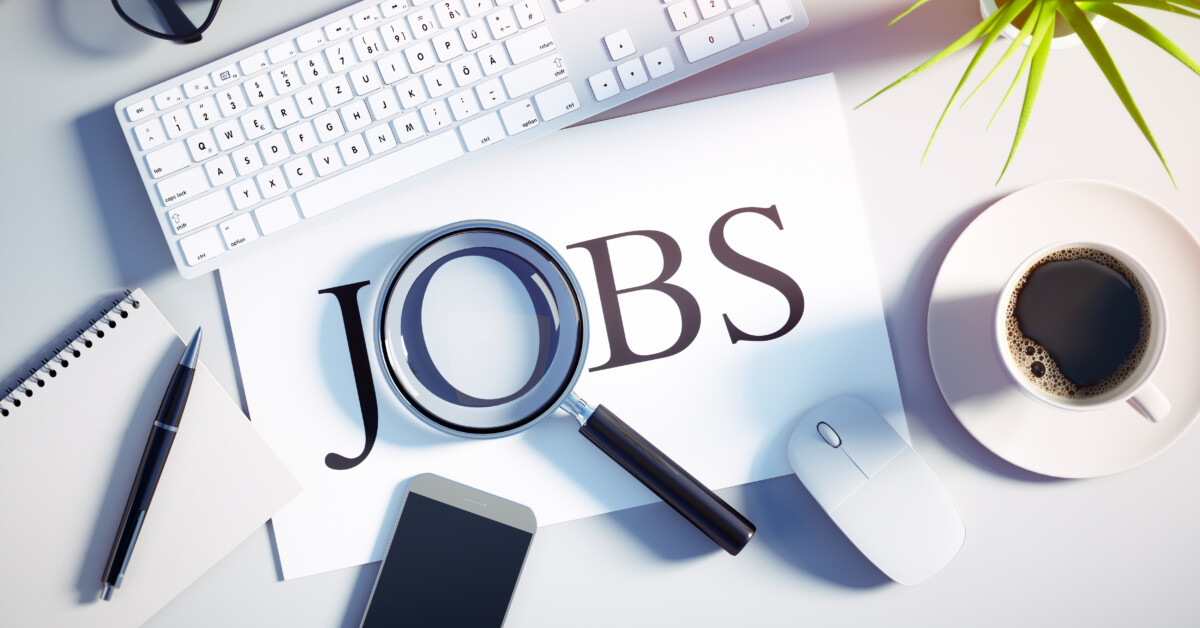Jobs
Tariffs Don’t Protect Jobs – Competitive Enterprise Institute

Many Americans, including it seems the presidential and vice presidential nominees of the Republican Party, worry that trade costs jobs. This helps to explain why both parties are now in favor of increased tariffs. Yet the empirical evidence suggests that they are mistaken. The Trump-Biden tariffs have cost 142,000 full-time jobs, according to the Tax Foundation’s Erica York.
She also finds that the Trump administration imposed nearly $80 billion in new taxes on Americans by levying tariffs on approximately $380 billion worth of goods in 2018 and 2019. This was one of the largest tax increases in decades.
The Biden administration maintained most of these tariffs and announced additional tariffs on $18 billion of Chinese goods in May 2024, further increasing taxes by $3.6 billion. York estimates that the Trump-Biden tariffs will reduce long-run GDP by 0.2 percent and the capital stock by 0.1 percent. This is in addition to the loss of 142,000 full-time equivalent jobs.
Current Trump-Biden tariffs generate $79 billion in tariff revenues, resulting in an average annual tax increase of $625 per US household. But businesses and consumers naturally take steps to avoid those costs. Accounting for these dynamic effects, the changes in economic behavior and decision-making, means that actual revenue collections are considerably less, closer to $200 to $300 per household annually. Still, while the revenue to the Treasury may be lower, these figures underestimate the full cost to households, as they do not consider lost output, lower incomes, and reduced consumer choice.
Consumers pay more whether they purchase domestic or foreign goods, but the government only collects tariff revenue from foreign goods. For example, consumers may substitute other goods that are now relatively cheaper, resulting in a decrease in quantity demanded for the tariffed goods. Additionally, domestic companies often raise their prices to match the new, higher tariff price, capturing some of the would-be tariff revenue. Domestic producers benefit from these higher prices without contributing additional revenue to the government, which explains their support for tariffs. Buying American may help the American company, but it doesn’t help the American consumer much.
As the Congressional Budget Office (CBO) says, tariffs can reduce economic efficiency by distorting prices and reducing the variety of goods available to consumers, leading to a decrease in overall welfare. While tariffs generate revenue for the government, as well as higher prices for consumers, they lead to lower incomes for workers due to decreased economic activity.
On the campaign trail, former President Trump has expressed support for significant tariff rises, including a 10 percent tariff on all imported goods and a 60 percent tariff on all imports from China. These proposed tariff hikes could add $524 billion annually in taxes, shrink GDP by at least 0.8 percent, the capital stock by 0.7 percent, and employment by 684,000 jobs, excluding potential retaliatory effects and additional global trade war harms.
Tariffs can also lead to investments in the wrong sectors. The Biden administration’s push for industrial policy through protectionism clouds the government’s judgment on the right sectors to invest in.
Many tariff supporters, regardless whether they call them “targeted” or “broad,” lack an understanding of core economic concepts like the benefits of efficiency and specialization. Protectionist trade policies, aimed at saving jobs, result in a significant number of lost jobs.
For example, President Obama imposed new duties on car and truck tires from China, increasing tariffs by 35 percent in the first year, 30 percent in the second, and 25 percent in the third. US importers then sourced inputs from higher-cost countries like Indonesia, leading domestic producers to raise prices. This resulted in a $1,112 million annual increase in costs for consumers, with $817 million from higher import costs and $295 million from pricier domestic tires.
The tariffs reportedly saved up to 1,200 jobs, costing $900,000 per job saved, despite average industry compensation being $40,000 per year. However, reduced consumer spending on other goods may have caused 3,731 job losses in other sectors.
Read more at The Economic Standard










/cdn.vox-cdn.com/uploads/chorus_asset/file/24100829/226345_Nest_Doorbell_wired_JTuphy_0006.jpg)